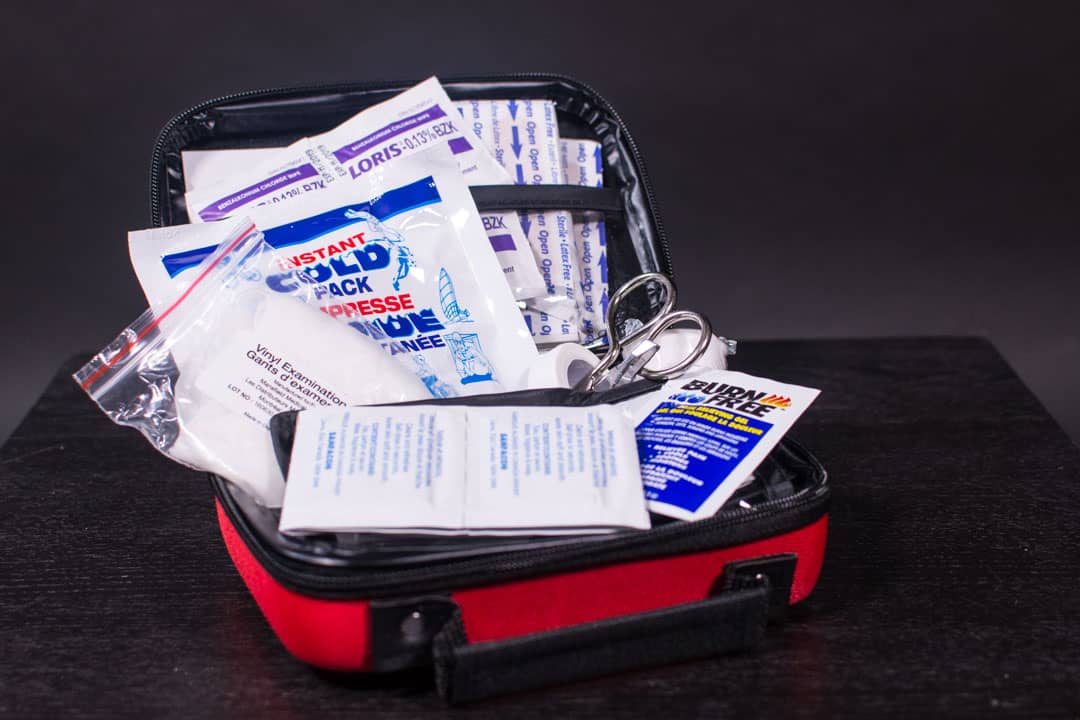Residence dons at many, if not all, colleges on campus do not carry naloxone, the medication used to stop opioid overdoses, despite the spike in deaths and overdoses as a result of opioid drug use in the summer of 2017.
University College, Innis College, Trinity College, and New College confirmed their dons do not carry naloxone. As of publication time, Woodsworth College, St. Michael’s College, and Victoria College did not respond to The Varsity’s request for comment on their practices regarding naloxone.
Melinda Scott, Dean of Students at University College, explained in an email to The Varsity that dons have been instructed to “call 911 and then campus police if they suspect an overdose or other medical emergency” — a policy followed by Innis, Trinity, and New College.
Naloxone is unavailable to the Campus Police, and it is unavailable through the Health and Wellness Centre.
Dons at these four colleges do receive varying levels of first aid and CPR training. At Trinity, dons are given Emergency First Aid training, while Innis, New, and University dons receive Standard First Aid training.
The Emergency First Aid course is a basic one-day course offering lifesaving first aid and cardiopulmonary resuscitation (CPR) skills,” according to the Canadian Red Cross’ website.
By contrast, the Standard First Aid course offers more “comprehensive” training and deals with more types of emergencies, including head and spine injuries, bone, muscle, and joint injuries, sudden medical emergencies, environmental emergencies, and poisons.
Both levels of training meet “legislation requirements for provincial/territorial worker safety and insurance boards,” according to the Red Cross.
David Lowe of the U of T Health and Wellness Centre told The Varsity in August that opioid overdoses, especially from the drug fentanyl, were brought up in regular meetings between the university and the Ontario University & College Health Association.
Amra Das, Executive Director of the University of Toronto Emergency First Responders (UTEFR), previously told The Varsity that UTEFR was not equipped with naloxone, “but in light of growing public health concerns, this is something that we are seriously considering for the upcoming year.”
U of T professor Abhimanyu Sud, who specializes in safe opioid prescription, said that the biggest issue was educating students on the topic.
“We sometimes think that opioid overdoses happen with people who are addicted to opioids, but what’s particular about the moment right now is that we have a lot of opioid contamination of recreational drugs,” Sud said. “And those are potentially some of the more dangerous situations because you’re not expecting it at all. You’re not expecting there to be fentanyl or other opioids in the drug you’re using and you haven’t developed any kind of tolerance to it.”
This summer, the University of Ottawa’s student union had planned to give orientation leaders naloxone kits. However, after consultation with lawyers, they decided against it due to the possibility of being liable if the medication injections caused injury.
According to Sud, “It’s the same kind of ethical issues around administering CPR because you could potentially harm somebody by administering CPR but you’re also potentially saving their life. Naloxone shouldn’t be perceived any differently.”
In the first three months of 2017, there were over 1,300 emergency department visits related to opioids.


